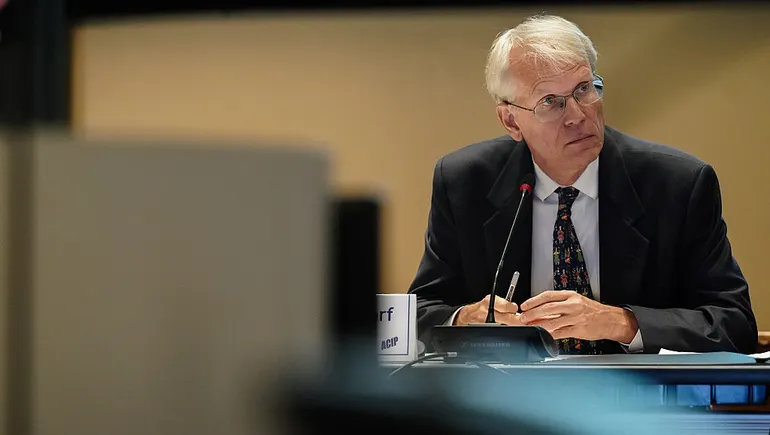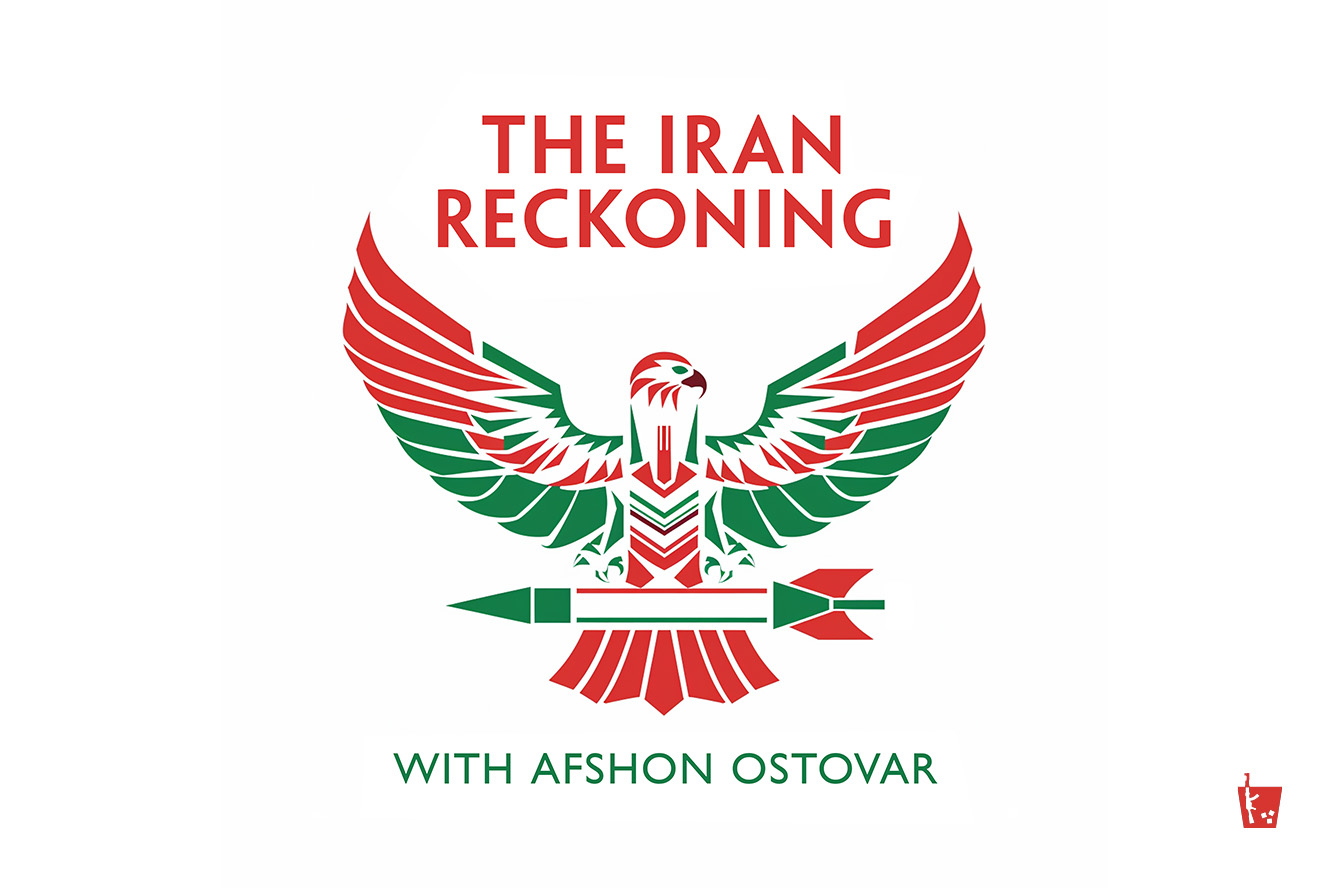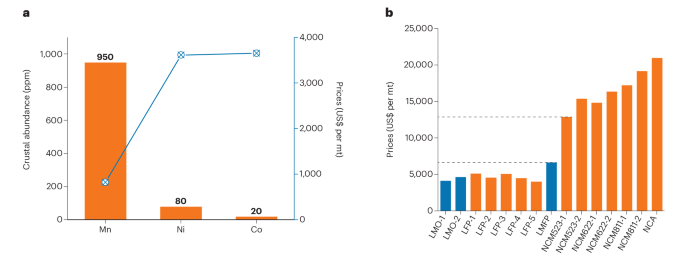The Evolving Role of the CHRO in the Boardroom
The role of the chief human resources officer (CHRO) in corporate management and governance is expanding as companies increasingly recognize the need for human capital expertise in business performance, risk management, and value creation. As the next generation of CHROs emerges, this report examines how CHRO-board engagement is evolving at publicly traded companies in the […]

Matteo Tonello is the Head of Benchmarking and Analytics at The Conference Board, Inc. This post is based on a Conference Board memorandum by Rita Meyerson, Principal Researcher, Human Capital, Andrew Jones, Principal Researcher, ESG Center, Marion Devine, Principal Researcher, Human Capital, Matt Rosenbaum, Principal Researcher, Human Capital, and Christine Guinessey, Program Manager, ESG Center, at The Conference Board, Inc.
The role of the chief human resources officer (CHRO) in corporate management and governance is expanding as companies increasingly recognize the need for human capital expertise in business performance, risk management, and value creation. As the next generation of CHROs emerges, this report examines how CHRO-board engagement is evolving at publicly traded companies in the US and Europe.
Key Insights
- The CHRO’s role is expanding beyond traditional transactional HR specialist to encompass greater responsibility for corporate governance, as boards and senior management place greater emphasis on human capital strategies to meet evolving business, regulatory, and investor expectations.
- Boards and CEOs expect CHROs to act as enterprise leaders who align human capital strategy with financial, operational, and risk priorities and drive workforce strategy, succession planning, mergers & acquisitions, and business transformation in collaboration with the wider C-Suite.
- Four key derailers can undermine CHROs’ board engagement and strategic impact: 1) perceptions of HR as solely administrative, 2) succession planning friction, 3) CEO-imposed access limits, and 4) limited commercial and financial acumen. Addressing these challenges requires clearer board designation of responsibilities, more structured processes, and greater recognition of human capital’s strategic role.
- Boards and CEOs can empower CHROs by enhancing board access, recognizing and reinforcing CHROs’ neutrality in executive and operational matters, and fostering a trusted partnership for candid workforce risk insights that inform high-level decision-making.
- CHROs’ board engagement will likely grow as generational workforce shifts, AI transformation, and sustained regulatory uncertainty underscore human capital management as a core governance issue. This expanded engagement will require CHRO leadership in talent strategy, workforce risk management, and AI oversight.













































































































































